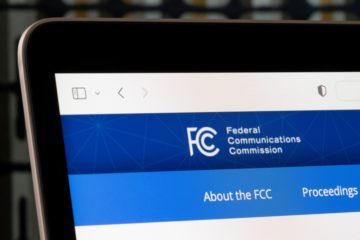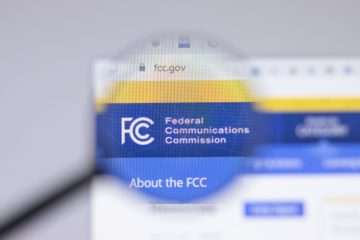Senator Mike Lee and Congressman Ben Cline have reintroduced the One Agency Act, legislation that would make the Department of Justice the sole federal enforcer of antitrust laws—removing that authority from the Federal Trade Commission. In this excerpt from RealClearMarkets, Market Institute Senior Fellow Norm Singleton argues that consolidating antitrust power in the DOJ is a step toward restoring constitutional checks and balances. Singleton critiques the FTC’s current role as lawmaker, prosecutor, and judge, and suggests that while the One Agency Act is an improvement, the real solution might be to question the very premise of federal antitrust enforcement.
“Mike Lee, the senator from Utah who chairs the Subcommittee on Antitrust, Competition Policy, and Consumer Rights of the Senate Judiciary Committee, and Virginia Congressman Ben Cline have reintroduced the One Agency Act. This bill removes the Federal Trade Commission’s (FTC) authority over antitrust issues. This would make the Justice Department the sole federal agency with authority to enforce federal antitrust laws.
The bill’s proponents say it will add stability to antitrust enforcement by only requiring businesses to seek permission from one agency for a merger or acquisition. The bill also takes a step towards restoring constitutional government. The FTC is an “independent” agency. The FTC writes, enforces, and adjudicates regulations through hearings conducted by an administrative law judge employed by the agency. Thus, the FTC not only writes and enforces the laws: it employs the judges who oversee cases brought by the FTC alleging violations of antitrust laws!
Of course, a defendant can appeal an agency decision to a federal court. However, courts have a history of deferring to agencies. Fortunately, the Supreme Court has limited the deference judges must show federal agencies. While FTC Commissioners are nominated by the President and confirmed by the Senate, the Supreme Court has ruled they cannot be fired (in Humphrey’s Executor v. United States (295 US 602 1935). President Trump has challenged this precedent by firing the Democrat commissioners. Typically, the FTC has five commissioners—three from the President’s party and two from the other party. Allowing the President to fire FTC Commissioners at will is not the ideal solution.
A better solution would include the One Agency bill, which makes the Justice Department the sole antitrust enforcement agency, which would still be held accountable by both the courts and Congress. Although this solution is not ideal, it is better than having large parts of our antitrust jurisprudence determined by an unconstitutional “independent” agency or by an agency handed picked by the President to serve his agenda, which may not be compatible with traditional legal precedent.
Of course, the Justice Department can be weaponized against the President’s political enemies. Gail Slater, President Trump’s pick to head the Justice Department’s Antitrust Division, shares FTC Chairman Andrew Ferguson’s support for using Tyranny.gov. This is a reference to the government’s efforts to counter Tyranny.com—as if private tech companies that offered services people liked are somehow the equivalent of a government agency.
Gail Slater and her predecessor Jonathan Kanter, show that the One Agency Act, while a step foreword, is not a cure for everything wrong with American antitrust policy. The ultimate solution is to reconsider the question of whether the American people benefit from any kind of antitrust enforcement—at least on the federal level.”


